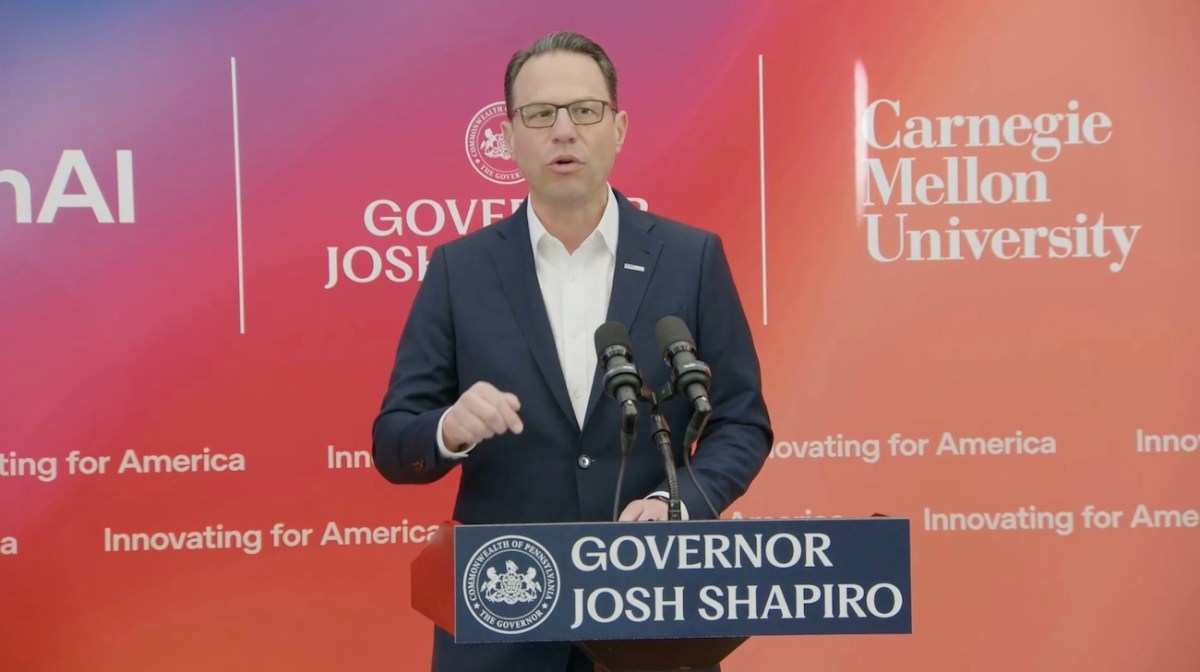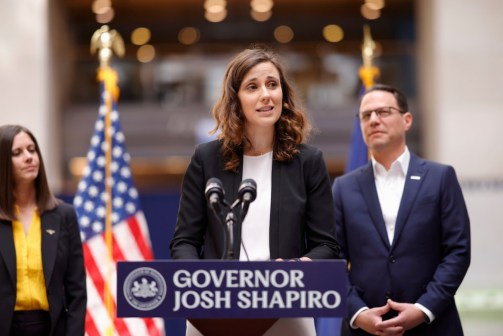Pennsylvania taps Carnegie Mellon University for AI advisory services

Pennsylvania Gov. Josh Shapiro’s administration on Monday signed a new cooperative agreement for AI advising services with Carnegie Mellon University, intended to help the state develop artificial intelligence policy, conduct risk assessments and further its governance.
The announcement came during “Unlocking AI for Public Good,” a conference cohosted by the state and the university centered on discussing how state and local governments can harness the power AI promises, not to replace workers, officials said, but to improve government efficiency and public services.
The new partnership is designed to help state agencies use AI tools to improve transportation, energy and the state’s economy. It builds on the state’s agreement with the university’s Block Center for Technology and Society, an institution focused on generative AI research.
“Here in Pennsylvania, we’re not waiting for the future, we’re building it,” Shapiro said in a press release. “This new collaboration with Carnegie Mellon University reflects my Administration’s commitment to the safe, responsible, and effective use of AI to deliver real results for Pennsylvania.”
Shapiro issued an executive order in 2023 outlining ethical guidelines for adopting AI tools in the state government, which included provisions on privacy, fairness and transparency. According to the National Conference of State Legislatures, at least 30 states have issued guidance on the use of AI in government since 2023.
Pennsylvania has piloted tools like ChatGPT Enterprise to help employees summarize data, draft reports and brainstorm ideas more efficiently. One hundred and seventy-five employees who participated in the program reported saving an average of 95 minutes per day.
Shapiro’s proactive approach to the emerging technology is also attracting private investments. In June, Amazon announced a $20 billion plan to build AI and cloud computing campuses across the state.






